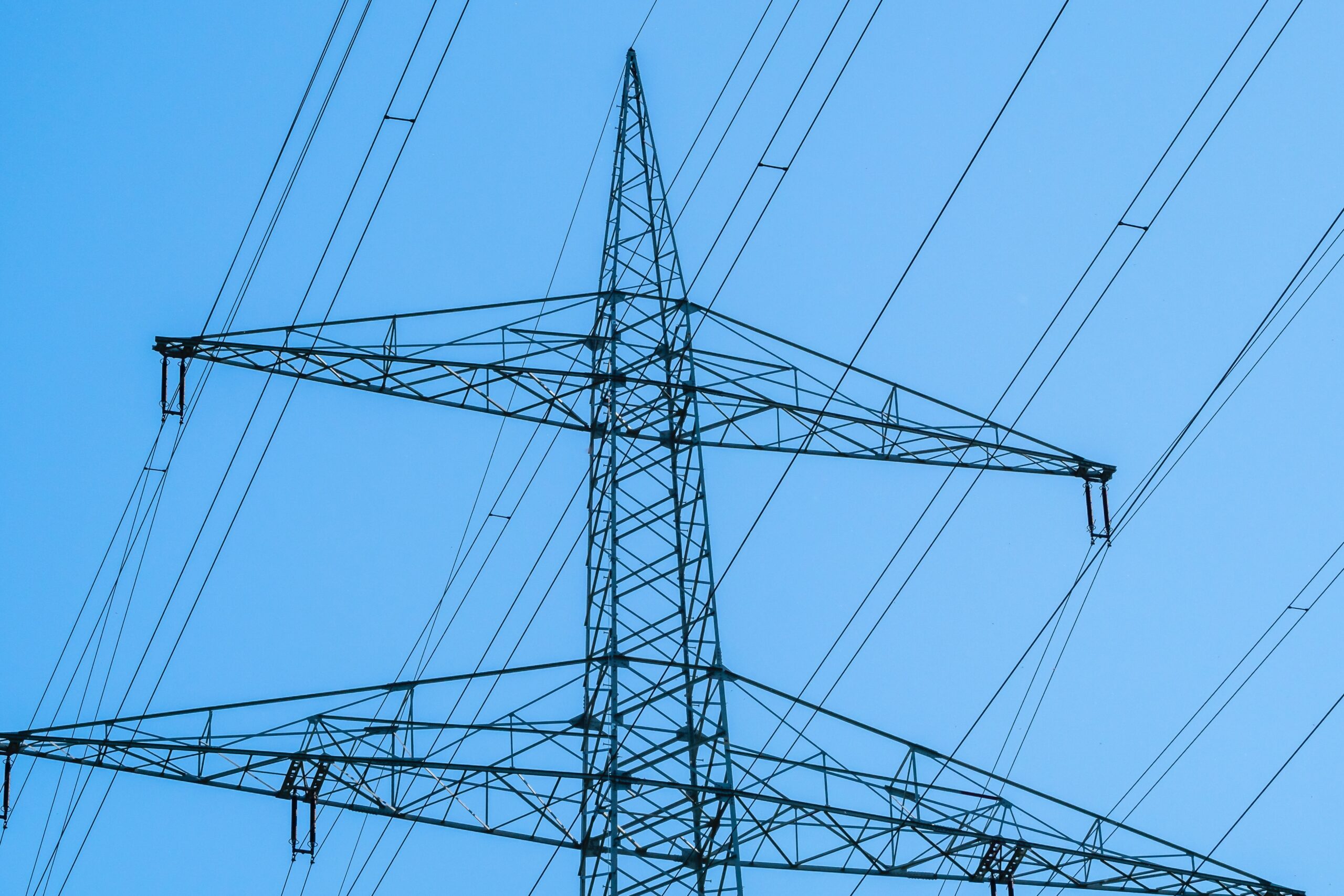For instance, the Extractive Industries Transparency Initiative was launched in 2002 to facilitate the voluntary disclosure by governments and firms of the beneficial owners of extractive companies. Sadly, the initiative only targets oil, gas and mineral resources, with IUU fishing having been ignored.
Meanwhile, the Fisheries Transparency Initiative (FiTI) highlights efforts to increase transparency around beneficial ownership, covering the importance of beneficial ownership in its Standard, which defines the information national authorities should publish online about their fisheries sectors. A number of states have signed on to the FiTI Standard. As the first country to report on its commitments, in 2020 the Seychelles passed legislation (the Beneficial Ownership Act 2020) requiring the maintenance of up-to-date registers of beneficial owners, with a central register of beneficial owners in place by 2021. Yet initiatives such as FiTI face a range of issues, not least uptake by a limited number of countries to date and the fact that it only asks countries to report on their progress in implementing public beneficial ownership registries, rather than making it a requirement of adopting the Standard.
Action from the Financial Action Task Force (FATF) – the global financial crime watchdog – has also been slow. In 2020, FATF highlighted the ways in which widespread use of shell and front companies enables the import and export of endangered wildlife products. A year later, FATF expanded its focus from illegal wildlife trade (IWT) to money laundering risks linked to illegal logging, illegal mining and waste trafficking. But disappointingly, FATF has continued to ignore IUU fishing to date.
In the absence of attention paid by FATF to this issue, in 2022, the Asia-Pacific Group on Money Laundering (APG) included a chapter in its typologies report on the illicit finance dimension of IUU fishing, providing case studies and analysis that underline the industrialised nature of the issue. Other FATF-style regional bodies, however, have yet to turn their focus to IUU fishing. They have failed to follow the APG’s example despite the clear demonstration that there is no need to wait for FATF itself – particularly when the impacts of an issue such as IUU fishing are of particular concern to members (often across the Global South).This lack of widespread action comes despite the fact that the UN Sustainable Development Goals (SDGs) reference natural resource crimes including fisheries crime and tax abuse in the fishing industry as contributing factors to illicit financial flows, as included in SDG target 16.4.1.
Encouragingly, the G7 Climate and Environment Ministers’ Communiqué released in May 2021 welcomed ‘discussions by Finance Ministers on strengthening beneficial ownership transparency to better tackle the illicit financial flows stemming from IWT and other illicit threats to nature’. Yet, again, IUU fishing was not named specifically. This is despite the fact that G7 countries account for the majority of the global seafood market, with this omission reflecting the limited political will to tackle this crisis.
Meanwhile, broader trends in relation to progress on transparency of beneficial ownership could have negative implications for the fisheries sector. Notably, in November 2022, the EU Court of Justice approved a ruling that stands to stall progress by invalidating provisions of the EU’s Anti-Money Laundering Directive that allowed public access to registries detailing beneficial owners. Although it has a much wider scope than beneficial ownership in the fisheries sector, this ruling is likely to undermine progress in this area.
Financial Transparency Must be Prioritised
With climate change heightening geopolitical tensions around fisheries in certain regions and driving changes in patterns of convergence between IUU fishing and other crimes, this failure to act on the opacity and financial secrecy enabling IUU fishing must be addressed. This is particularly urgent given that IUU fishing relies heavily on the formal financial system, making it highly susceptible to concerted action by the anti-financial crime community. Given what is at stake and the need for effective deterrents, financial transparency should now be placed at the heart of efforts to tackle IUU fishing.












